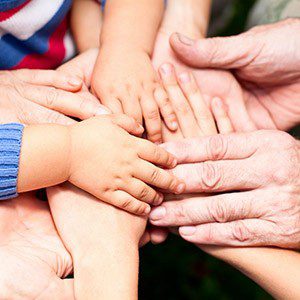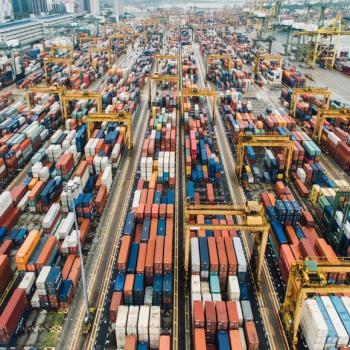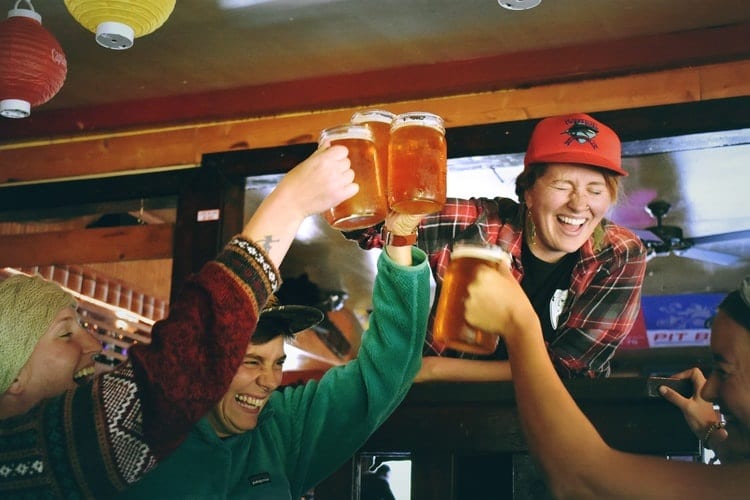 In a post on the Kern Pastors Network (part 4 of a series KPN is running on relationships and poverty), Kyle Bushre ponders the movie It’s a Wonderful Life):
In a post on the Kern Pastors Network (part 4 of a series KPN is running on relationships and poverty), Kyle Bushre ponders the movie It’s a Wonderful Life):
The message that friendship is true wealth is captured clearly in the inscription of the book given to George by the angel, “Dear George, Remember no man is a failure who has friends.”
But at the risk of ruining a Christmas classic, let’s focus on that money. George had no idea thousands of dollars sat dormant in the hearts and wallets of his friends. If he did, he would never have found himself on the bridge lamenting that the world would have been better off if he had never invested his time and energy into it. But as it turns out, a lifetime of caring about people created a safety net of measurable wealth to catch him.
There is money in friendships. Most of us use this currency all the time. We make social deposits and withdrawals that keep our bank accounts growing. We call a friend and not a taxi when our car breaks down. We circulate invitations on Facebook to a pancake breakfast when raising money for our son’s school trip. We ask a buddy to look at our furnace when it does not sound right. We talk to a pastor instead of paying for counsel. We carpool to work. We get a few coupons from a thoughtful bargain hunter.
One way to break the cycle of poverty, Bushre argues, is to create relationships between the middle-class and the generationally poor (those whose families have been in poverty for at least two generations)–relationships that, to be true friendships, must be mutually beneficial to both:
It is difficult to create relationships between the middle class and generationally poor, but the place to begin is by building wealth through social capital. One group has money; the other group does not. But both groups have assets in the form of skills, perspectives, experience, and knowledge that can be utilized by the other. The key is building a cross-cultural environment where the generationally poor and middle class can get to know and appreciate each other without the dynamic of a one-way flow of goods and services that stratifies the relationship. Each group needs an environment where they can see in each other the dormant potential to be better together.
Bushre goes on to talk about some practical ways this can work itself out at a church through the use of the Circles program. Hop over to KPN and check out his thoughts and some probing questions like:
It is one thing to say that relationships will break the cycle of generational poverty. That makes sense, in theory. It is another thing to actually create those relationships. Do I, as a middle class man, really have anything in common with the generationally poor? Perhaps the more challenging question is this: Will I actually benefit from a relationship with a person in poverty if I take the time to form one?
Image: KPN.












